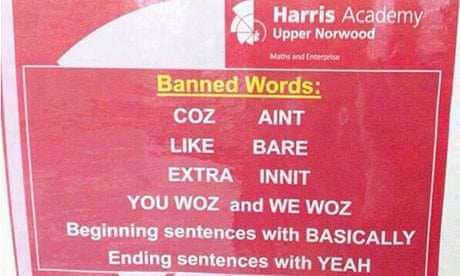They both have hyphens. That's probably all unless the self-flagellating monk was saluting the flag while whipping himself.
The rule is this:
When two or more words are put together to form an adjective and placed in front of a noun, connect them with a hyphen.
- an exercise to build teams is a team-building exercise
- the reporter with mild manners is a mild-mannered reporter
 Hyphens are adventurous. They show up quite correctly all over the place. Having your Canadian Oxford Paperback Dictionary handy will help you navigate the hyphenscape. There are more rules.
Hyphens are adventurous. They show up quite correctly all over the place. Having your Canadian Oxford Paperback Dictionary handy will help you navigate the hyphenscape. There are more rules.- Words beginning with "self" have a hyphen: self-flagellation, self-esteem, self-pity.
- Most words beginning with "non" are followed by a hyphen, but not all (nonsense, nonentity, noncommital, nonconformist, and others.)
- To be sure whether a word takes a hyphen or not, look it up. If your non-word is not in the dictionary, use the hyphen.
YOUR QUIZ
Insert hyphens
- The Model Driven Architecture approach defines system functionality using a platform (PIM) which uses an appropriate domain specific language (DSL). (Sentence from Wikipedia)
- I like the hands on experience of this two year, co op program.
- An ego boosting experience raised my self esteem.
- Toronto is a desirable location for many eager to wed, same sex pairs.
- The prof is a consultant on human computer interaction, software visualization, multimedia, and computer supported, cooperative work. His thinking is non linear.
- He’s an inconsiderate, rage filled, passive aggressive human being.
- His outside of the box way of thinking has always fascinated me.
- We were going to meet face to face.
- After our first face to face meeting, we felt okay meeting via Skype.
Answers
- Model-Driven, domain-specific
- hands-on, two-year, co-op
- ego-boosting, self-esteem
- eager-to-wed, same-sex
- human-computer, computer-supported, non-linear
- rage-filled, passive-aggressive
- outside-of-the-box
- no hyphens
- face-to-face



